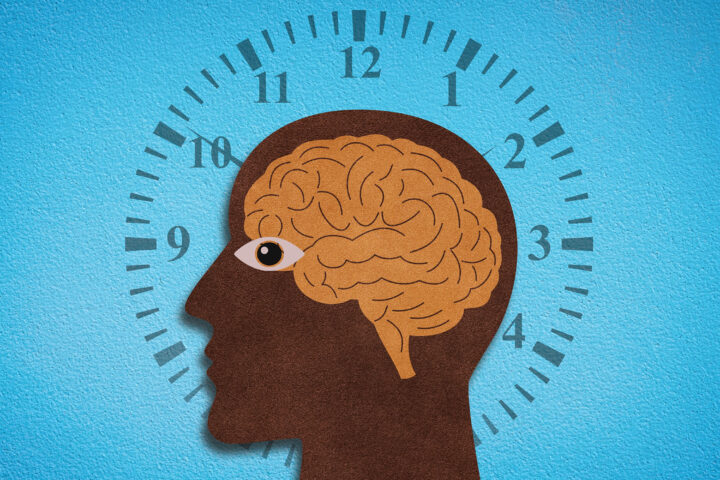In the realm of longevity and healthspan research, a groundbreaking study led by Hamilton Se-Hwee Oh and colleagues has illuminated the intricate landscape of organ-specific aging through the lens of the plasma proteome (total protein content). For those attempting to find biomarkers of aging, this study showcases the potential of plasma proteins as markers for assessing the aging process across different organs. Here’s how this research paves the way for a future where personalized medical interventions could significantly extend our healthful years.
The Plasma Proteome: A Window into Organ Aging
The study meticulously analyzed 4,779 plasma proteins, mapping them to specific organ proteomes to uncover distinct aging signatures for 11 major organs. Importantly, this approach revealed a fascinating aspect of human biology: not all organs age at the same pace or in the same manner. Such insights are typically viewed as academic, but they hold the promise of revolutionizing how we predict, and eventually manage, organ health and aging.

Predictive Power of Machine Learning
Leveraging advanced machine learning models, the researchers developed predictive models for organ aging that demonstrate remarkable accuracy. These models signify a leap in our capability to non-invasively assess the health and aging status of organs through a simple blood test. Imagine the implications—predicting the risk of age-related diseases and tailoring interventions to mitigate these risks before they manifest.
Individual Variability in Aging and Disease Risk
Interestingly, a compelling finding of this study is the significant individual variability in organ aging, which correlates with mortality risk and disease presence. For instance, accelerated heart aging is linked to an increased risk of heart failure, while faster brain aging correlates with a higher risk of Alzheimer’s disease. Although not investigated in this study, examination of twins has revealed that environmental exposures can drastically change the rate at which we age, irrespective of genomic content equivalence. This variability underscores the importance of personalized approaches to health and longevity.

The Link Between Aging and Disease
This research underscores a critical paradigm: the rate of organ aging is intricately tied to the development of age-related diseases. Understanding the molecular mechanisms that drive organ-specific aging is crucial for developing strategies to prevent or delay these conditions, opening new avenues for interventions aimed at extending healthspan.
Implications for Aging Research and Therapeutics
Moreover, the use of plasma proteomics, combined with machine learning, represents a novel and promising approach to aging research. It not only provides insights into the molecular underpinnings of aging but also heralds the potential for developing targeted therapies that could slow aging in specific organs, thereby extending healthspan and improving the quality of life.
Future Directions
Importantly, this study lays an additional layer of groundwork for future research exploring the influence of genetics, lifestyle factors, and potential therapeutic interventions on organ-specific aging. With the advancing technology and methodologies, the dream of personalized medicine to combat the effects of aging is becoming increasingly tangible.

Conclusion
The study by Hamilton Se-Hwee Oh and colleagues stands as another milestone in our quest to understand and influence the aging process. By unlocking the secrets of organ-specific aging, we edge closer to a future where longevity is not just about adding years to life, but more importantly, adding life to those years. For anyone vested in the science of aging and longevity, this research opens exciting pathways to explore and harness for the betterment of human health.











